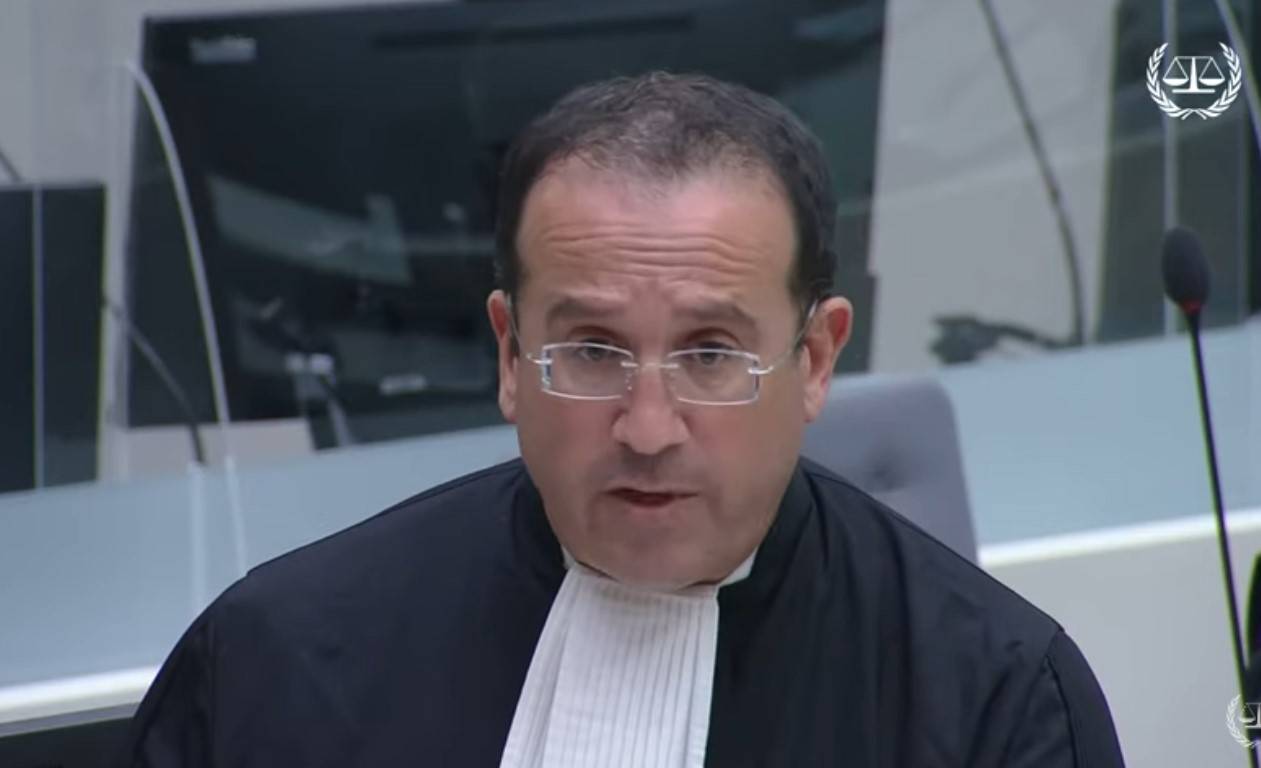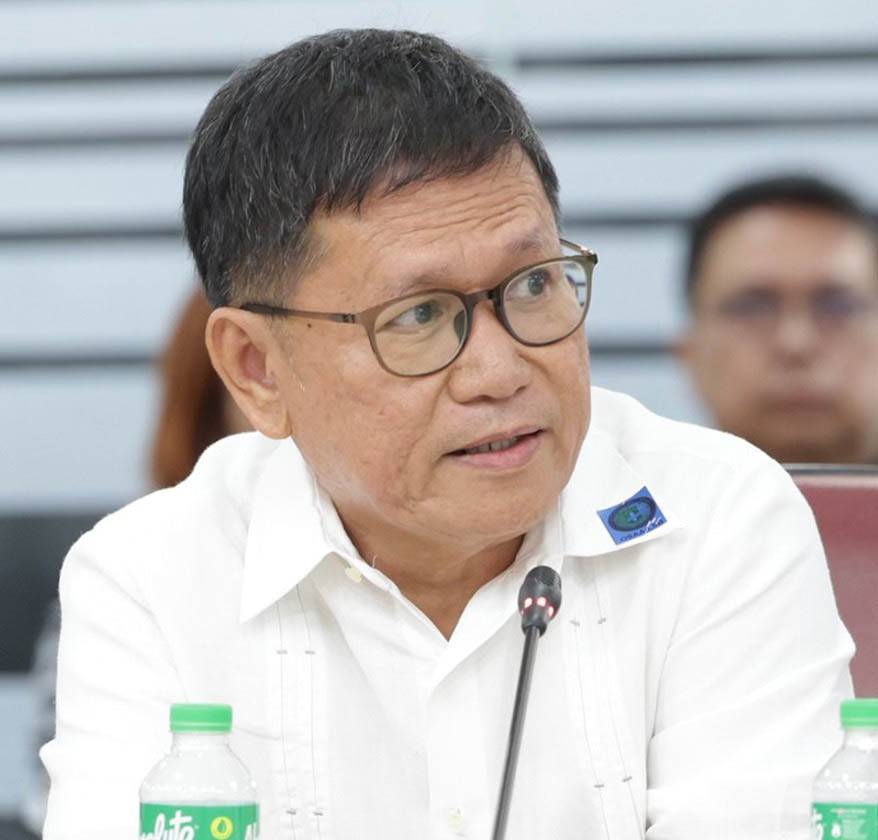Lack of ICC jurisdiction ‘rehashed’ issue–lawyers

Lawyers representing victims of extrajudicial killings on Monday dismissed the view of Rodrigo Duterte’s lead counsel that lack of jurisdiction by the International Criminal Court (ICC) would be a “compelling” argument to drop the case against the detained former Philippine president.
Duterte is charged with crimes against humanity involving murder in connection with the drug war on his watch as president. He was brought to the ICC’s detention in The Hague following his March 11 arrest in the Philippines based on a warrant issued by the Interpol.
According to a report by Agence France-Presse (AFP), Duterte’s lawyer Nicholas Kaufman said he hopes to have the case against Duterte thrown out on the basis of ICC’s lack of jurisdiction, even before the confirmation of charges hearing on Sept. 23.
Kaufman noted to AFP that the Philippines’ 2019 withdrawal from the Rome Statute which established the ICC took effect “well before an investigation [into Duterte’s drug war] was authorized” by the court.
“Coming back to the jurisdictional point, obviously you don’t need to be the dean of a law faculty to realize that that’s going to be a huge issue at pretrial,” the British-Israeli lawyer said.
Issue resolved
But lawyers for the families of the drug war victims said Kaufman’s argument had been already resolved by the ICC as well as the Supreme Court in the Philippines.
Former lawmaker Neri Colmenares, a counsel for the families of the victims, said Kaufman’s statements were expected since there was “no other way” to defend the former president “except on jurisdiction,” given the amount of evidence against him.
“They will have to argue on jurisdiction because if the charges are confirmed and this goes to trial, they will not be able to surmount the evidence that President Duterte ordered the killings of many people in his war on drugs,” Colmenares said.
He noted that the issue of jurisdiction was resolved by the ICC in 2023, as provided in Article 127 of the Rome Statute which states that a member state’s withdrawal from the court has no impact on matters already under the court’s consideration prior to the effectivity of the withdrawal.
Colmenares recalled that Jude Sabio, a lawyer for confessed Davao Death Squad hit man Edgar Matobato, had already filed a complaint against Duterte before the ICC in 2017, which was followed by another complaint in 2018 from the families of the drug war victims.
“Since the matter of crimes against humanity has been under the consideration of the court before the withdrawal, therefore the ICC has jurisdiction,” he said.

Notice of withdrawal
Lawyer Joel Butuyan, who is also accredited by the ICC, likewise said that Kaufman’s arguments had been “rehashed” and “found to have little weight” after being “brushed aside by both the ICC and our own Supreme Court.”
It will be recalled that on March 17, 2018, the Philippines deposited with the United Nations secretary general a written notification of withdrawal from the Rome Statute, the treaty that established the ICC, which took effect a year later, in 2019.
Following the notice of withdrawal, the ICC still said it “retains its jurisdiction over crimes committed during the time in which the State was party to the Statute and may exercise this jurisdiction over these crimes even after the withdrawal becomes effective.”
In July 2021, the Supreme Court ruled that Duterte cannot invoke the country’s withdrawal from the Rome Statute to avoid investigation by the ICC prosecutor. It held that the President could not arbitrarily terminate international agreements without the concurrence of the Senate.
Butuyan added that Kaufman’s argument would also “make a mockery of the Rome Statute.”
“Kaufman is arguing that any OTP (Office of the Prosecutor) investigation must have been commenced before March 16, 2019, for the ICC to have continuing jurisdiction beyond [that date],” he said.
However, “if Mr. Kaufman’s argument is sustained, and a crime against humanity is committed one month before the effectivity of a country’s withdrawal from the ICC, in the space of the remaining one month, the ICC prosecutor will be obligated to accomplish” all the preconditions of a preliminary investigation, he argued.
‘Preposterous consequences’
Before the ICC prosecutor can begin the preliminary investigation, it must first give the withdrawing country an opportunity to conduct a domestic investigation of the crime; make a finding that the country is unwilling and unable to conduct a domestic investigation; and file an application for authorization from the ICC Pre-Trial Chamber.
Once the ICC Pre-Trial Chamber renders a decision that the withdrawing country is unwilling to conduct a domestic investigation and issues an authorization to the ICC prosecutor, then it can begin the preliminary investigation.
“All of these will have to impossibly and ridiculously happen within one month. This is why the interpretation espoused by Mr. Kaufman will lead to preposterous consequences, and will clip the powers and jurisdiction of the ICC,” Butuyan said.

















